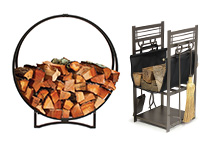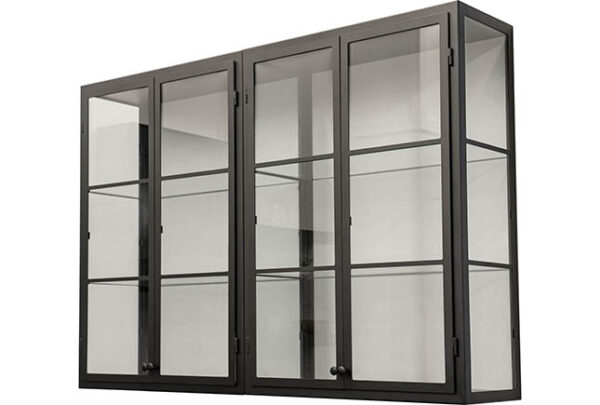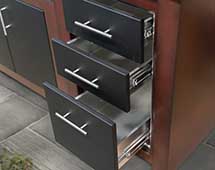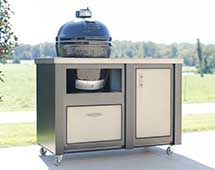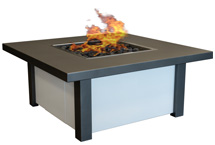Meet the Smuckers: A House with Open Doors
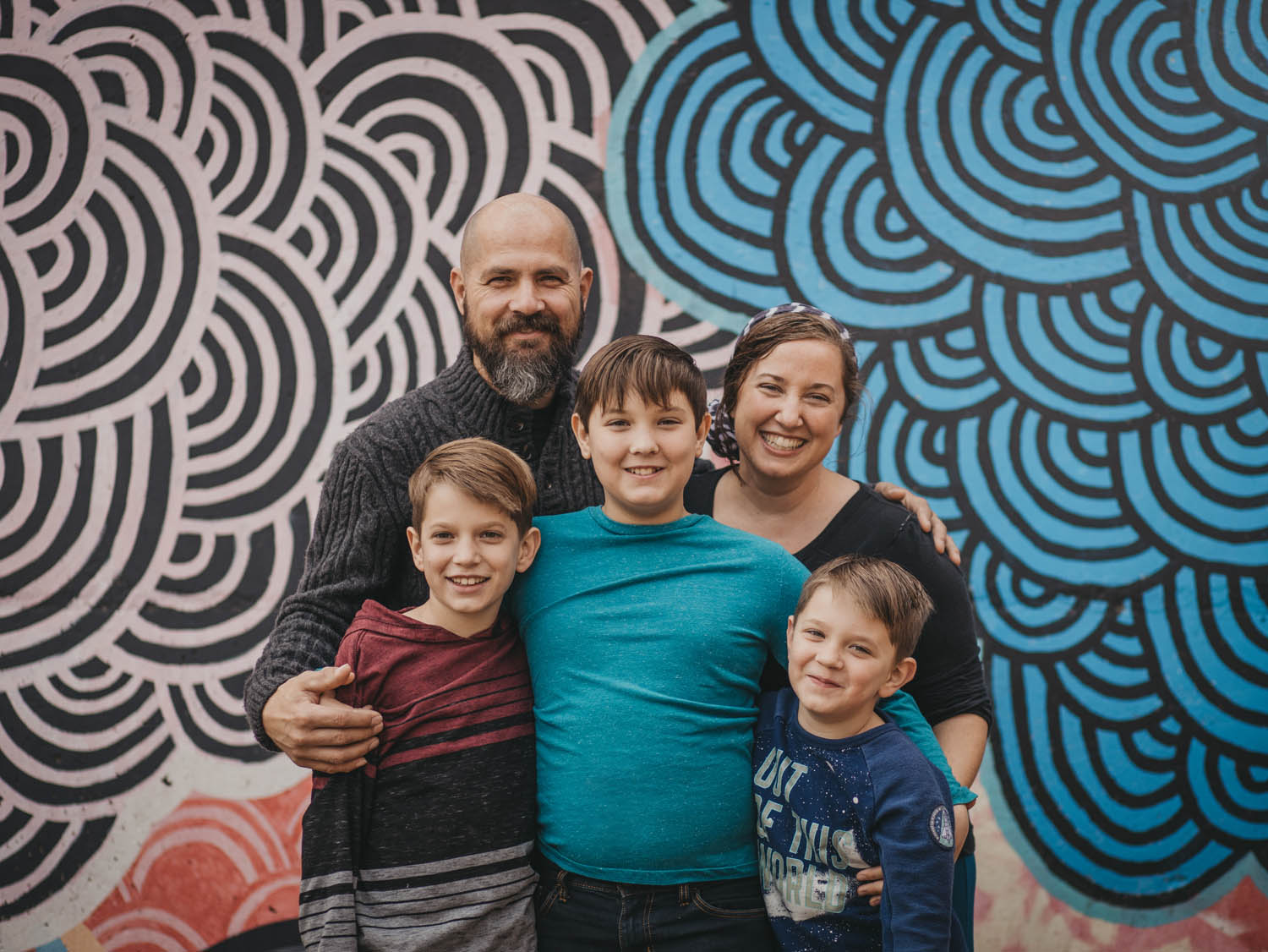
Michael Hyatt says, “You can never see the full path. The important thing is to do the next right thing.” Meet the Smuckers, a family making the daily choice to do the next right thing in their Atlanta, Georgia neighborhood. Steve and Christy are in the midst of raising three boys, homeschooling, taking them to soccer practice and all the other normal activities that go along with raising energetic boys. Ten years ago, you would’ve found them in rural America with a good job and plenty of opportunities. Why give it up when life is good? Why did they choose this city and this life? In simple terms, they’ve always wanted to live lives of love and service, and moving to this neighborhood was a very practical way to do so. Drawn by the people and the place, they both believed that God drew them to this city. At a glance, their inner-city neighborhood looks like a small town with its streets lined with cute houses, but what was once a thriving neighborhood has suffered the effects of drugs, crime, and neglect. After living there day after day, they’ve seen the incredible resilience, strength, and joy of people who have endured a lot. These people know this neighborhood from the good days. They imagine what it could be, and Steve, along with these neighbors say, “It shouldn’t be this way.” Steve and Christy have chosen to live in solidarity with a neighborhood overlooked by society at large.
Christy shares a bit of their story, “When we moved to Atlanta almost ten years ago, things seemed more simple. ‘If there are a lot of people who are homeless in this city, let’s find them a place to stay.’
For the first years, Steve worked at a ministry that provided transitional housing for women and children as well as resources designed to help people move out of homelessness. With time, we learned to understand more of the complexities—missing documents that prevent access to programs offering food or housing; domestic violence that separates families; lack of community and a support network—always a lack of funds, racial discrimination, and systems that seem set up for people to fail. By now we know that homelessness is complicated far beyond any simple solutions.
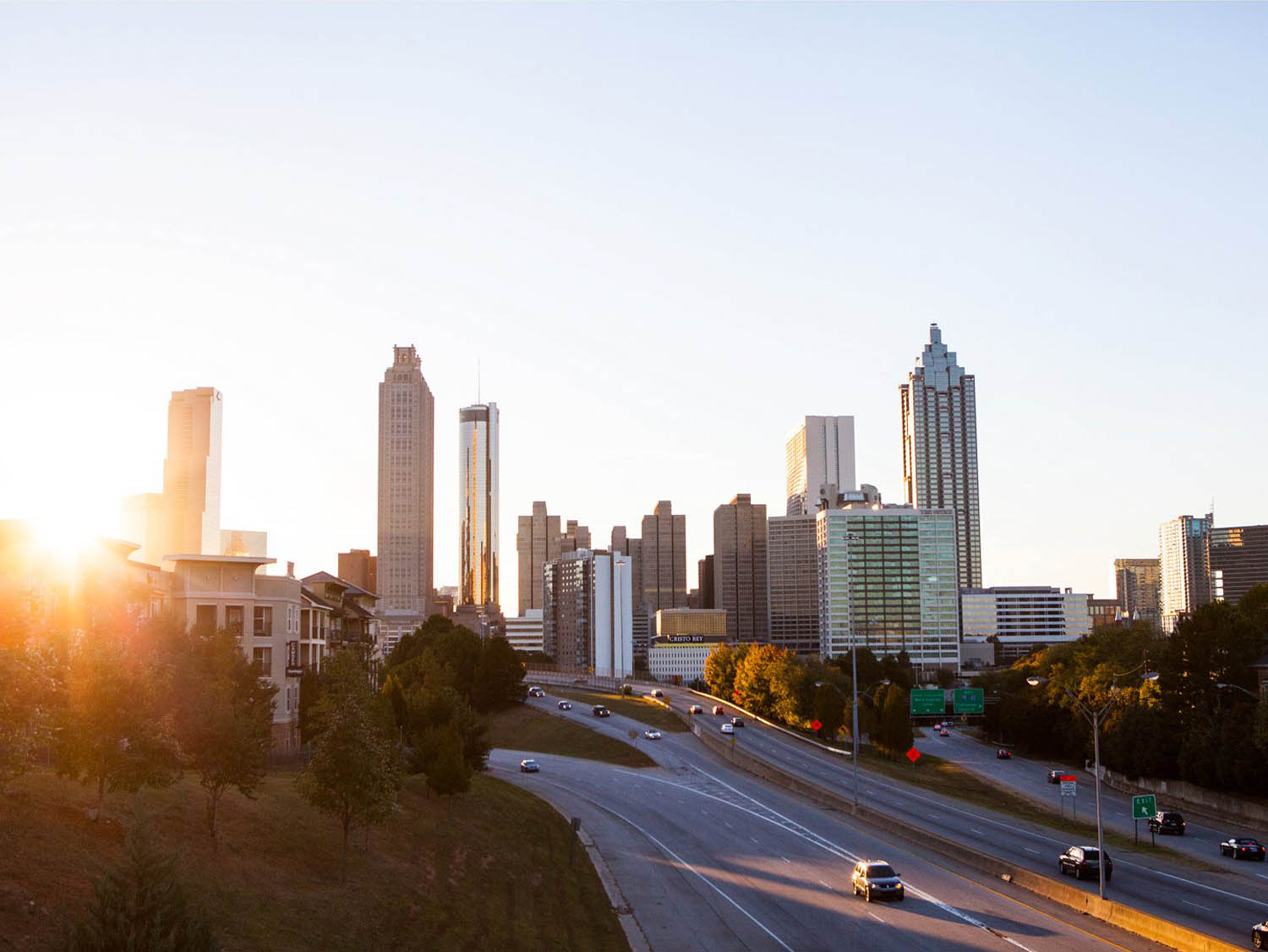
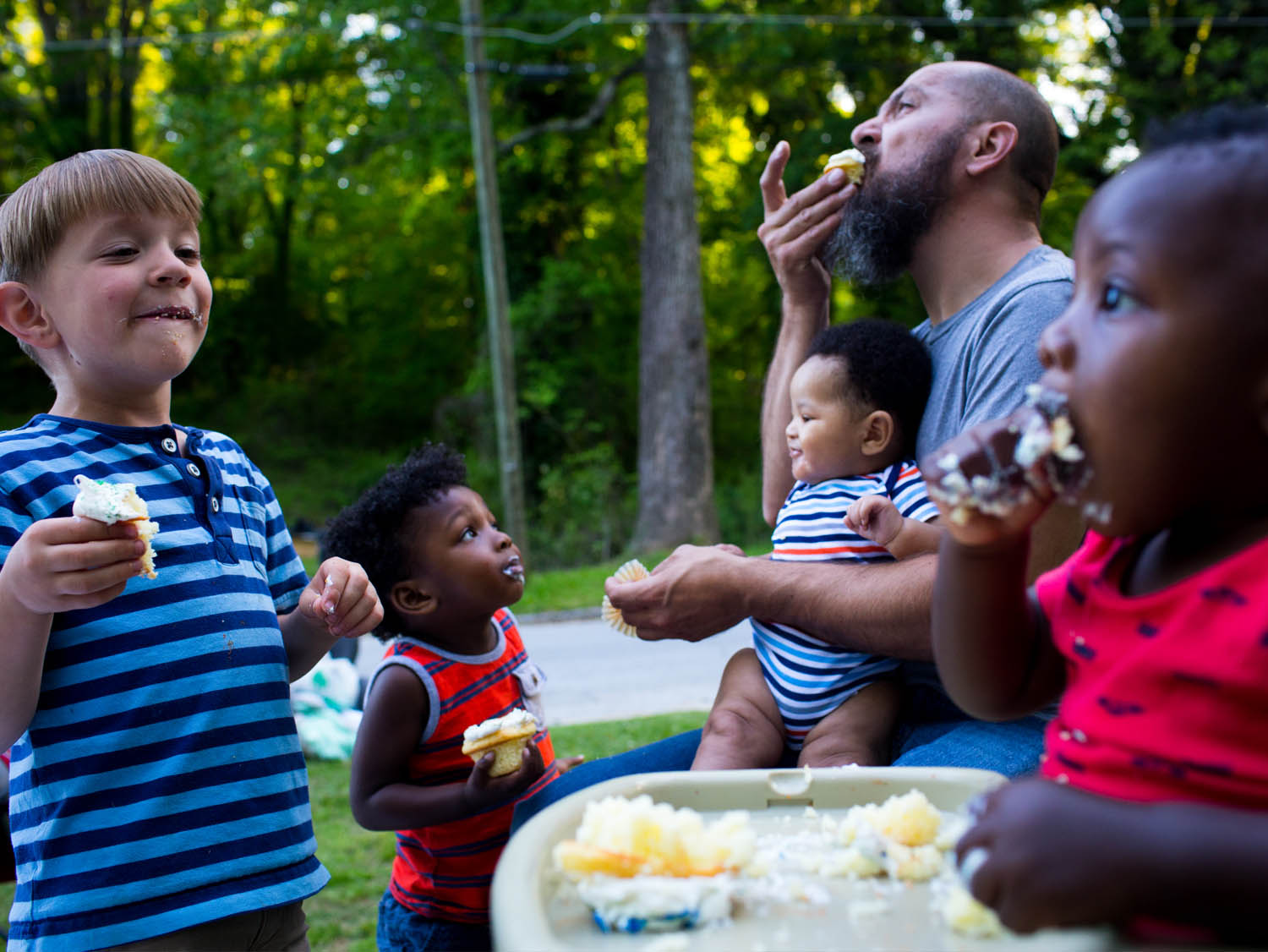
Along with an increasing awareness of the depth of troubling issues, we also learned to know so many people and organizations who are working to meet peoples’ needs—people who dig deep enough to understand and address core issues of homelessness — and who care in ways that build on the dignity and strength and gifts of people in need.
One thing that is just as important to us as the day we moved to Atlanta is loving the people God brings into our lives—the ones we’ve been in relationship with for years and the people we meet for only a few minutes--loving people and doing the next [right] thing in front of us.”
It took three years for their neighborhood to trust them enough to talk or return a friendly wave. These days, their neighbors feel quite possessive and can be heard saying “You mess with them, you mess with us.” In spite of difficult things they’ve experienced in the neighborhood, they see each person as created in the image of God and hold it an honor to live among and hold the trust of people whose trust has been broken so many times.
Christy continues, “There are a lot of great people who live here and there is a lot--A LOT--of need. I don’t know how to talk about this because I feel so protective and want you to be able to see how rich this place is with history and significance and [people who are] image bearers. And also, I want you to know about the layers of dysfunction because we need more people to care and rally around and stand up for our neighbors.
We have faced long seasons of financial hardship while living here next to people experiencing financial hardship. One of the differences, though, is that we weren’t left on our own. We have been given an incredible gift of having people who are so caring. We’ve had people who prayed for God to meet our needs and people who sent checks in the mail to support us. We’ve been given a vehicle and people were so generous when we hit some especially big hurdles (like a surprise $6000 water bill). [I’m now more] able to commiserate the frustration of city neglect and “free” services that diminish the dignity of people who need them. I have reached places of desperation in my life where I couldn’t see how we could make it, begging God to provide, which He always does, but I’m thankful that even in my desperation we were never actually isolated or alone.
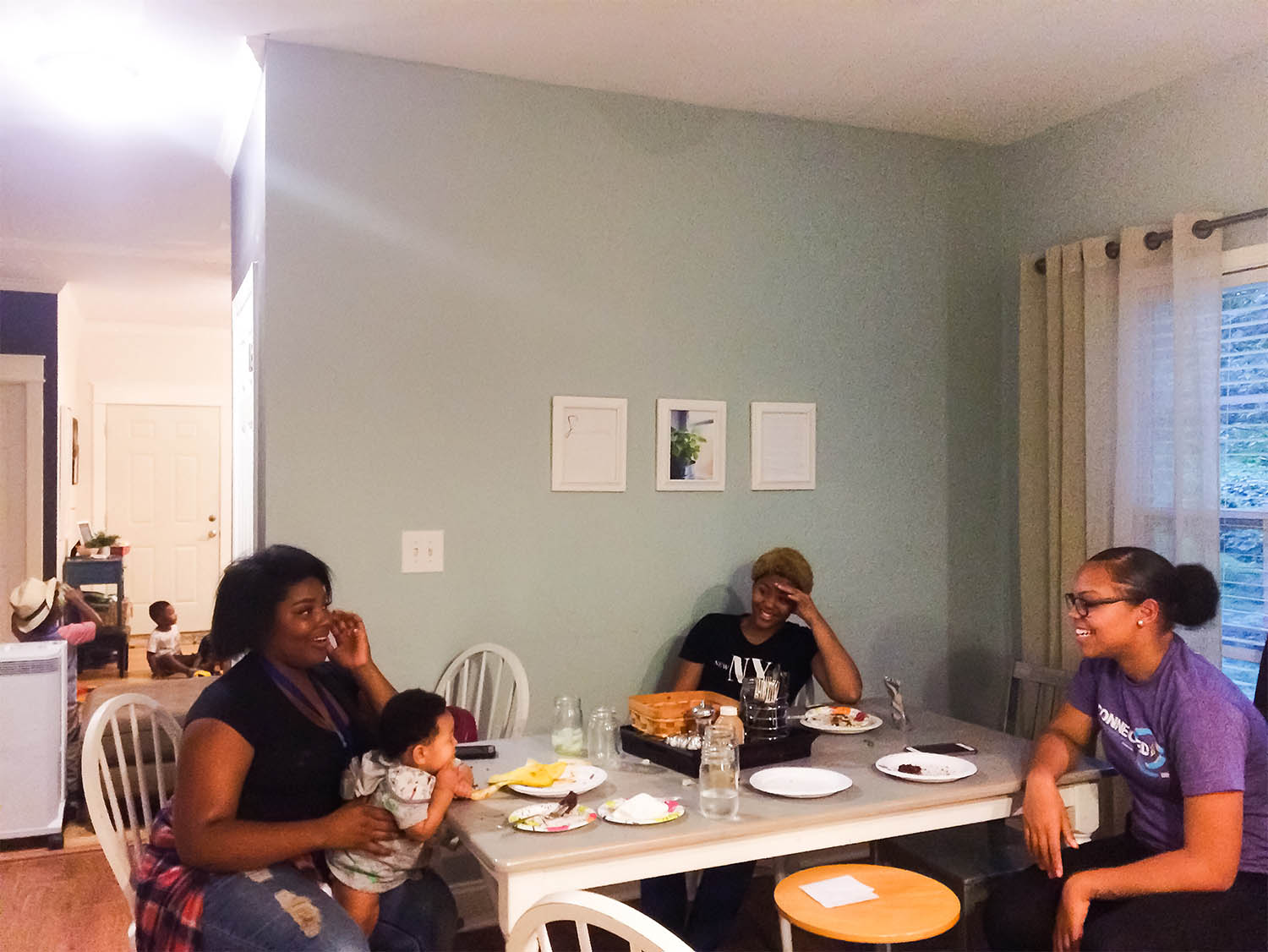
As I’ve grown up, I have often seen thousands of believers across the country rally around a family who faced a major loss in life. And in a way, that’s a kind of safety net we always had that I took for granted—until I witnessed people’s lives turned from comfortable to upended and homelessness after a major life loss. Whenever I talk with someone who is so alone in the world—like alone-alone, I long to bring them into the amazing community I’ve experienced. My dream is to see the family of God rally around families who don’t have family in their life. I want to see the lonely ones wrapped up in a collective embrace.
I remember one day standing in the middle of the street chatting with one of my sweet neighbors who gives the fiercest hugs. I had taken her some homemade treats at Christmas once, and she cried because no one had ever brought her a gift to her house for Christmas. Now she was telling me her boyfriend got angry with her and broke the jar before she had a chance to eat any. She hugged me so tight, many times because it meant so much to be thought of. The last time I saw her she came to my house to say goodbye. She had to move out because she couldn’t pay her bills and she wasn’t finding work.”
In the first ten years of working with a local ministry, Steve developed a vision for providing mentorship and a father figure to young men while teaching them a marketable life-skill. He longed to employ young men who might have difficulty finding a job due to instability, fatherlessness, addiction, trauma or a criminal record. He knew doing so would give them hope for their future. When they learn a skill it provides competency and confidence as a man. Without a father, there are so many insecurities and these are tools they can use to cope with life and even learn to thrive. These young men have a lot of fears and he spends hours just talking with them about life. He teaches them what having a God-centered focus in life can do for a person. Almost every one of them has been affected by a criminal record, even when it may not be their own but someone in their family. One by one, lives are being changed and hope is being restored for these young men.
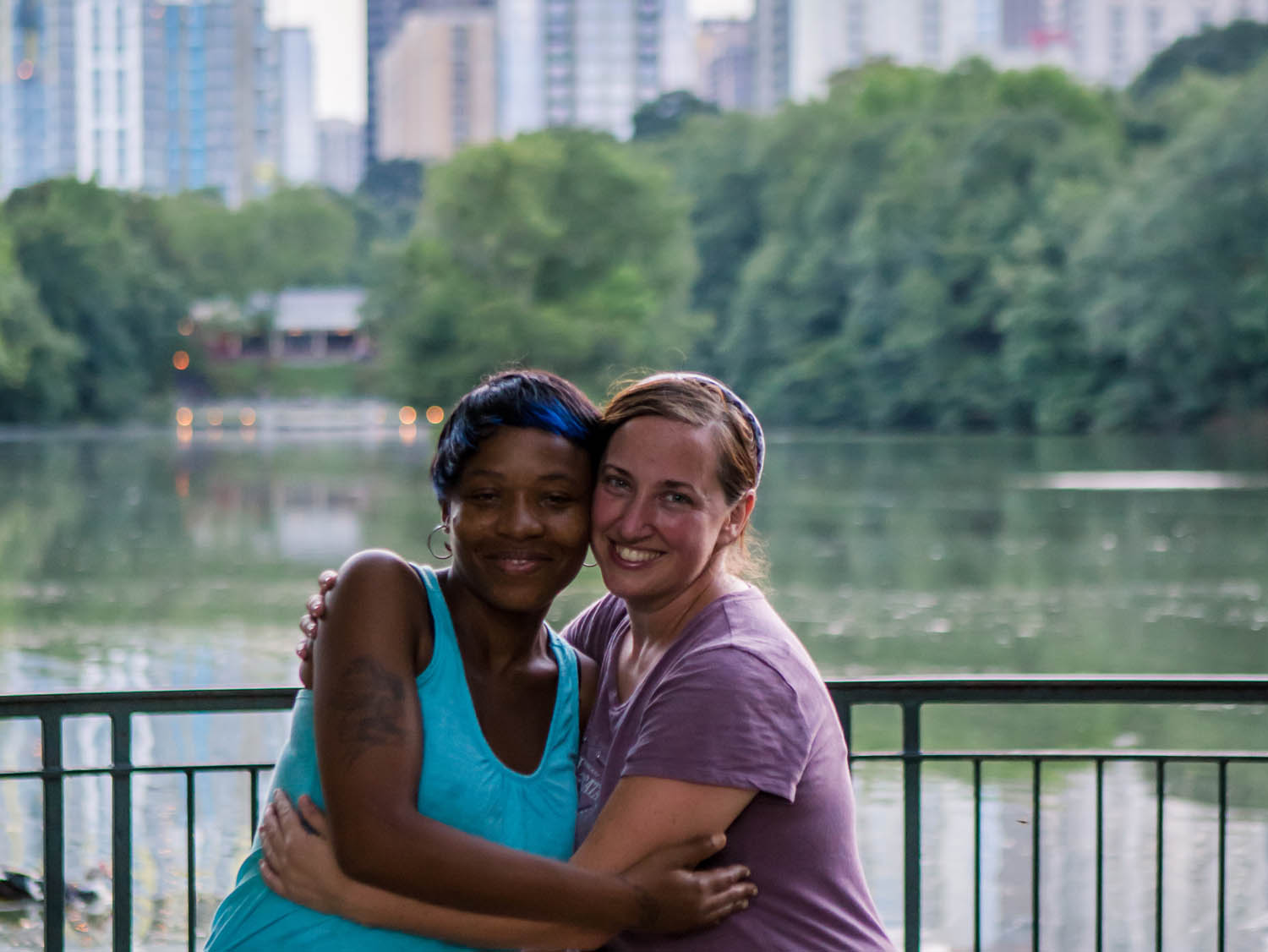
Sometimes when a need is so great, we shy away from doing anything at all, but sometimes it becomes too big to ignore. When moms are having their children taken from their care or resorting to abortion because they feel they had no other option, something needs to change.
Of the babies born in their zip code in the past 12 months, 82% of babies were born to single mothers. Christy was introduced to some of these teen moms at the mission Steve worked with. She has been working with some of those moms throughout the years. They would reach out when they were in the hospital having a baby or when they had a desperate need for childcare. Sometimes they simply needed mentorship. More than half of the mothers and their families are living in poverty. Many young moms drop out of school when they become pregnant which impacts their ability to get a job and provide for their family. Housing instability is a chronic problem--along with economic stress, unreliable childcare, and lack of supportive family systems--which makes providing for children extremely challenging for young moms. Children raised in single-parent families are also more likely to have children at a young age, continuing a generational cycle. Without support, mothers sometimes lose custody of their children. Over the past two years, Christy’s been praying and working toward taking another step in supporting these young moms. Through her vision, The Mom Community has been born and a home for single mothers will be opening January 2021.
The Mom Community supports young moms’ transition into stable, healthy living through housing, security, and personal growth. They are working to support the health of women and children, reduce child neglect and abandonment, advocate for better birth outcomes for black women, provide education and job opportunities that aid self-sufficiency, and surround women with community and friendship. By providing a home with a peaceful environment, supportive services and staff who care about and come alongside these young moms, women are given a chance to heal from past trauma and to grow into healthy, stable living.
“There’s so much work ahead of us,” she says, “and it will be good, hard, faith stretching and amazing. It would be impossible to do something like this on my own. I’m incredibly grateful for people who are encouraging, coaching, and praying us to this point.”
As Christy shares about what she’s learning and what God has taught her, she wants people to say, “How could I do something similar in my neighborhood--how could I do the next right thing?” The best way to learn how to love people is to live in proximity to them. Use whatever life circumstances you find yourselves in as an opportunity to love and serve others. Sit with people. Listen to them. There are people everywhere that need to be seen and loved. We all have so much more in common then we realize. We are all so similar.
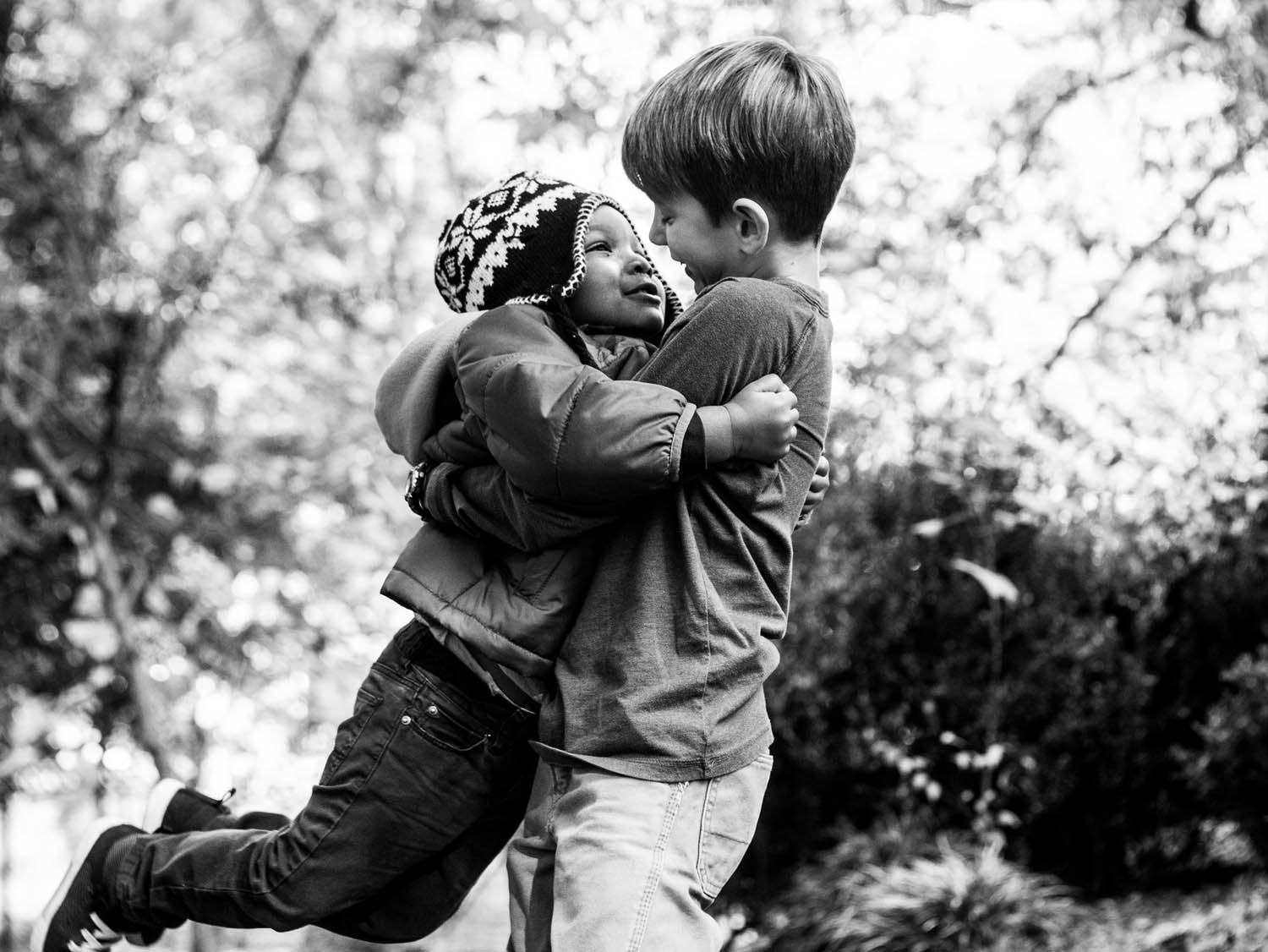
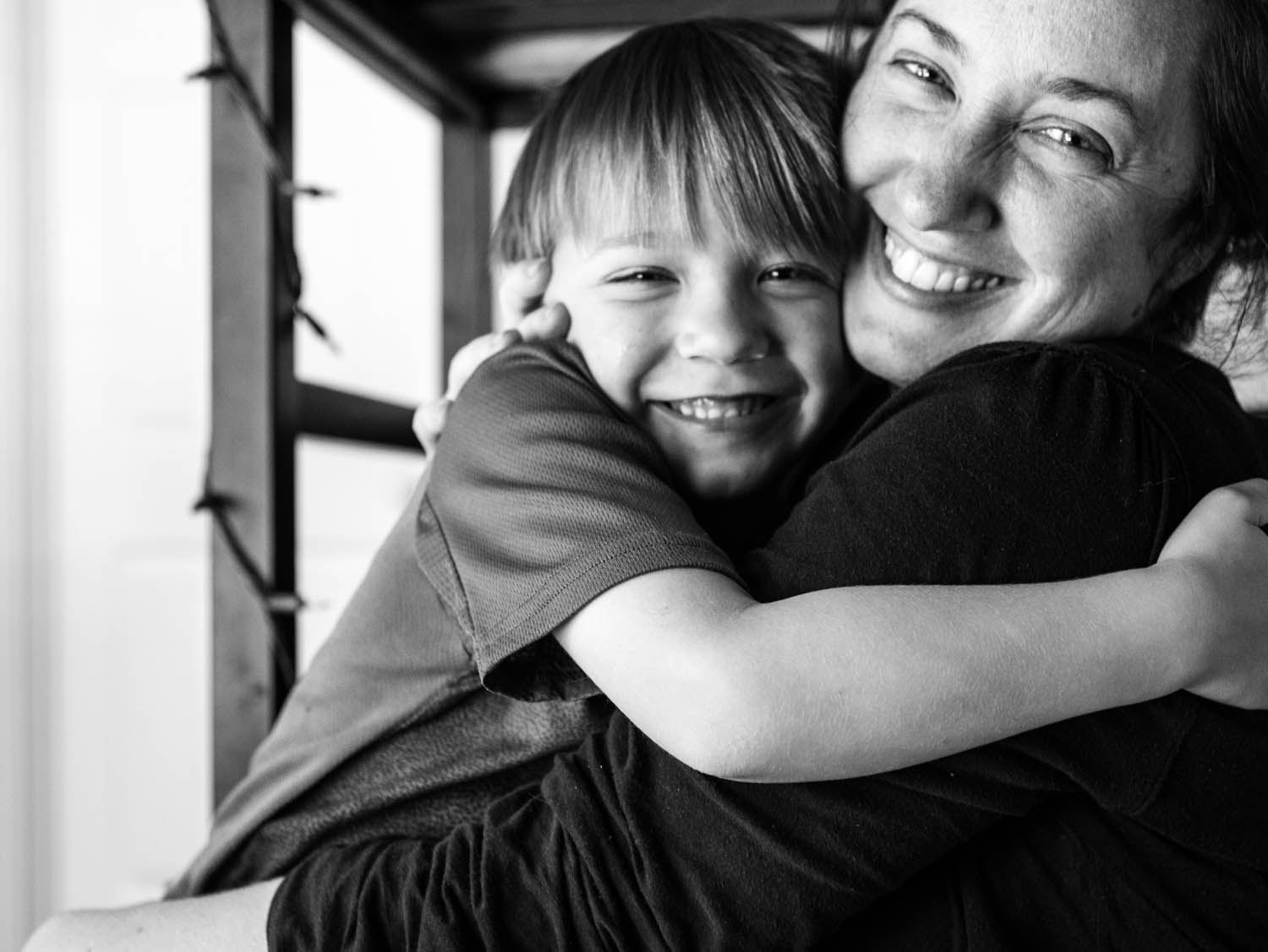
A portion of each purchase made through Stoll Industries goes to support The Smucker Family, as well as other mission efforts around the world. If you would like to join us in giving back, please visit the Stoll Cares page.





